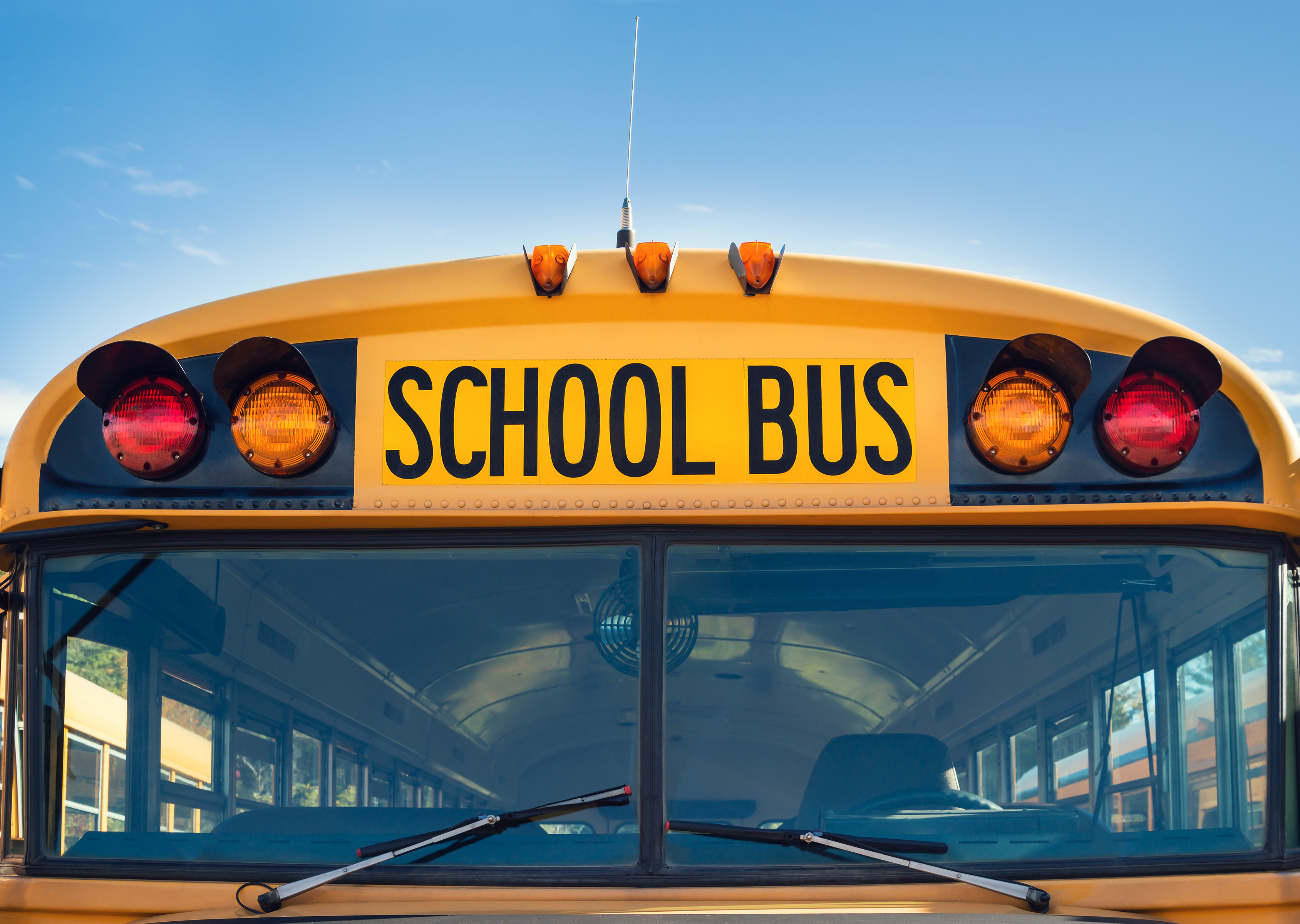As anyone with kids knows all too well, 2020 has been a hell of a year for school. In March, the COVID-19 pandemic led to a massive experiment in remote online schooling, and some early data out of Dallas ISD indicate that things are not going well.
The district’s board was briefed yesterday on the numbers, and the Dallas Mornings News offers a look at the numbers. At the beginning of each school year, DISD students take an assessment test called the Measure of Academic Progress, or MAP. The tests are designed to set a benchmark for where students are at the beginning of the year in order to measure gains made throughout the year. In this case, the MAP tests offer a comparison for where students entering a grade stood at the beginning of the 2020-2021 school year as opposed to the 2019-2020 year. Particularly in math, it looks like students – and Black and Latino students in particular – are falling behind.
According to the MAPs scores, nearly every elementary and middle school student in DISD is entering their grade level with less of a command of math than students entering the same grad levels last year—and by quite a margin. According to the News‘ report, 54 percent of DISD fifth graders met the grade level threshold at the beginning of the school year. This year that number is down to 24 percent – a reduction of more than half. Reading scores are also down, but not as severely as math.
Derek Little, DISD’s deputy chief of academics, compares the learning loss to the trauma suffered by students during Hurricane Katrina:
Even though many of those students returned to a typical classroom environment in short order — moving from New Orleans to Houston or Dallas — some were set back one or two grade levels because of the traumatic disruption.
While school has resumed this fall, what it means to be in a classroom — with social distancing measures and hybrid schedules — and the context of learning — a mix of online instruction and in-person classes — are much different than 10 months ago, Little said. Combine those challenges with the lagging attendance and engagement for some students, and that means catching kids up quickly will be an especially difficult task, Little told trustees.
This data are focused on Dallas ISD, but I’m sure all schools that have had to switch to some form of distance or hybrid learning are experiencing similar challenges. And the educational losses are only one aspect of the way the pandemic is affecting children. Research has also identified how the lockdown, closing of schools, prolonged isolation, and fear of the ways the deadly disease may affect parents and family members has had a profound debilitating effect on psychological and developmental attainment.
The question is, what to do? Unfortunately, there are no easy answers.
At the beginning of the pandemic, in-person schooling was canceled in a order to help bring the spread of the pandemic under control. The rationale was that a short-term disruption in normal life would help control the spread, allowing a measured reopening with some safety measures in place to help bring things back to what Dallas County health officials have called the “new normal.”
That, as we all know too well, is not what happened. Instead, what we have is the worst of all worlds. A scatter-shot shutdown devastated the economy and, as this new report shows, is inflicting Katrina-level trauma on our children. Meanwhile, the spread of the COVID-19 pandemic is setting new records.
A few trustees over the summer told Matt Goodman that they were open to instituting an intersessional calendar, which basically means year-round school. The Legislature allows districts to implement a parallel track for students needing “targeted remediation,” which parents would have to opt into. The trustees spoke anecdotally about learning loss, but now have the data to back it up.
“My hunch is we did experience learning loss over time,” Trustee Ben Mackey, whose district includes North Oak Cliff and parts of West Dallas, told Matt in July. “But I think it would be vastly different depending on where you live in the city, your skin color, your socioeconomic status. I think we will see those gaps exacerbated by this.”
That’s certainly what the MAPs scores bear out.
Perhaps the election will offer a chance for a reset on the national strategy for bringing the spread of COVID-19 under control. Perhaps a messaging shift will help calm polarizing attitudes towards controlling the disease. And as we learn more about how COVID-19 spreads, it is clear that relatively simple measures like wearing masks and social distancing do help control the disease. But none of these things will help DISD trustees and administration confront the stark reality of this new testing data.





